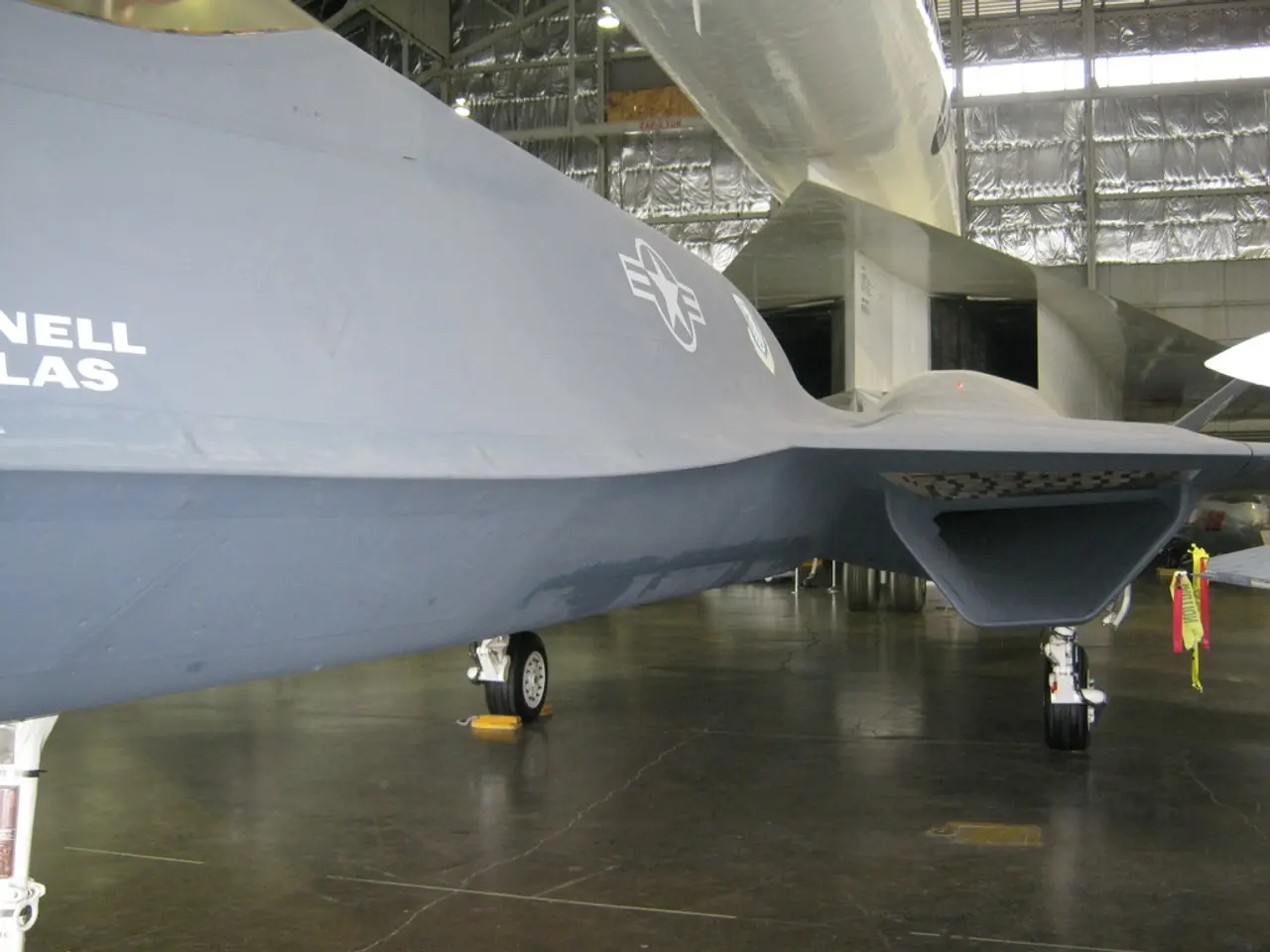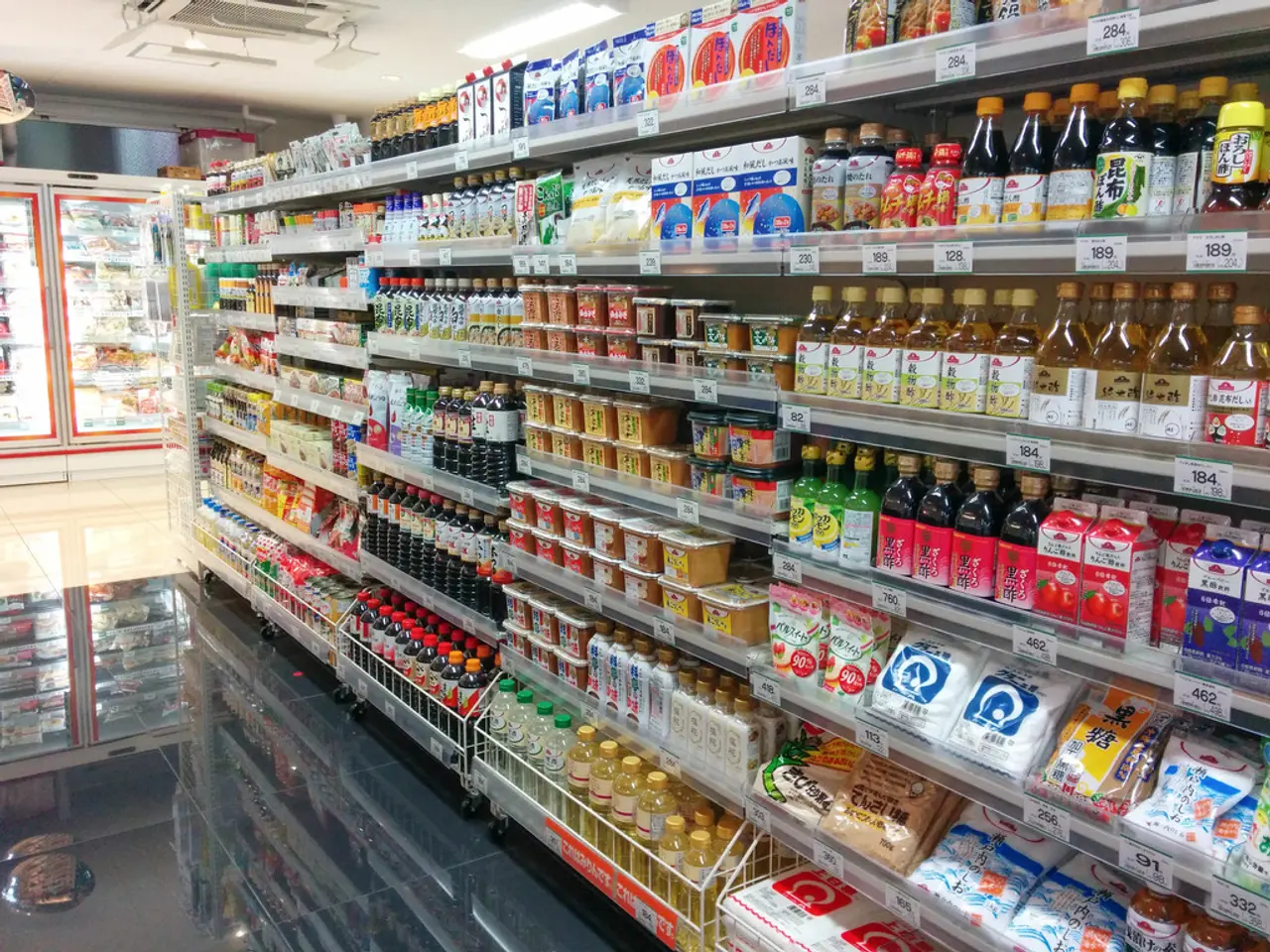High-priced Airbus contract heightens the cutthroat competition in the budget airline sector
VietJet Air, the Vietnamese low-cost carrier, has made a significant move in the aviation industry with a massive order for 100 Airbus A321neo aircraft and an additional 20 A330-900neo widebody aircraft at the 2025 Paris Air Show. This agreement, a significant milestone in VietJet's transformation into a multinational aviation group, reflects Chairwoman Nguyen Thi Phuong Thao's ambition to make Vietnam a regional aviation hub.
The A321neo order, with an option for an additional 50 planes, is highly significant for VietJet's growth, sustainability, and regional hub ambitions. This strategic move positions VietJet among the world’s top 10 airlines by order volume, signifying a commitment to modernize and expand its fleet with fuel-efficient, next-generation aircraft.
The A321neo, the largest member of Airbus's A320neo Family, offers a 50% reduction in noise and over 20% savings in fuel and CO2 emissions compared to previous models. From a growth perspective, the acquisition of these aircraft enables VietJet to increase capacity, support its expanding route network—including burgeoning international links—and enhance operational efficiency. The A321neo's lower fuel consumption and longer range compared to older models facilitate VietJet’s competitive positioning in both domestic and international markets amid Vietnam’s aviation recovery and strong passenger growth.
From a sustainability perspective, the A321neo’s advanced engines and aerodynamics significantly reduce carbon emissions per seat, aligning with global trends toward greener aviation. VietJet’s investment in these aircraft complements its broader strategy of sustainable development in aviation, including expanding ground self-service operations and developing maintenance hubs that improve operational reliability and reduce waste.
The A330neo, also part of the order, is certified to operate with up to 50% Sustainable Aviation Fuel (SAF), with plans to reach 100% SAF capability by 2030. This alignment with shifting market expectations for sustainability and performance in the aviation industry is evident in VietJet's operations. According to its 2024 ESG Sustainability Report, VietJet ranks among the world's lowest in CO2 emissions per passenger.
The A330neo offers a long range of up to 13,300 km, supporting expanded service across the Asia-Pacific and future routes to Europe. This, coupled with investments in infrastructure such as maintenance facilities at Long Thành International Airport—a key national aviation hub—positions VietJet as a central player in Southeast Asia’s rapidly growing aviation market. This aligns with Vietnam’s broader goal to enhance its aviation infrastructure and passenger throughput, leveraging rising international travel demand.
VietJet's aggressive fleet expansion, including the latest A330neo order, sends a clear message to established low-cost long-haul rivals like Scoot and AirAsia X. The A330neo's fuel efficiency, long range, and widebody comfort will support VietJet's ambitious expansion and challenge these established players. The A330neo, powered by Rolls-Royce Trent 7000 engines, supports Vietjet's sustainability goals while delivering superior performance.
In summary, VietJet's strategic fleet expansion with Airbus A321neo and A330neo aircraft is a cornerstone of its strategy to sustainably grow its market share, improve environmental performance, and reinforce its role in the regional aviation ecosystem. This move positions VietJet as a serious long-haul contender, supporting expanded service across the Asia-Pacific and future routes to Europe, and aligns with global trends toward greener and more efficient aviation.
- The aviation industry is witnessing a significant shift with VietJet's strategic investment in Airbus A321neo and A330-neo aircraft, signifying a strong commitment to finance and investing in business growth, technology, and sustainability.
- VietJet's substantial order for Airbus aircraft positions it among the world’s top 10 airlines by order volume, indicating a deliberate effort to modernize and expand its fleet with fuel-efficient, next-generation aircraft, a key focus in the finance and business sector.
- With the A330neo's ability to operate up to 50% on Sustainable Aviation Fuel (SAF) and a commitment to reach 100% SAF capability by 2030, VietJet demonstrates its forward-thinking approach in the aviation industry, aligning with the industry's growing emphasis on finance, investing, and sustainability, as well as the global trends toward greener aviation.




